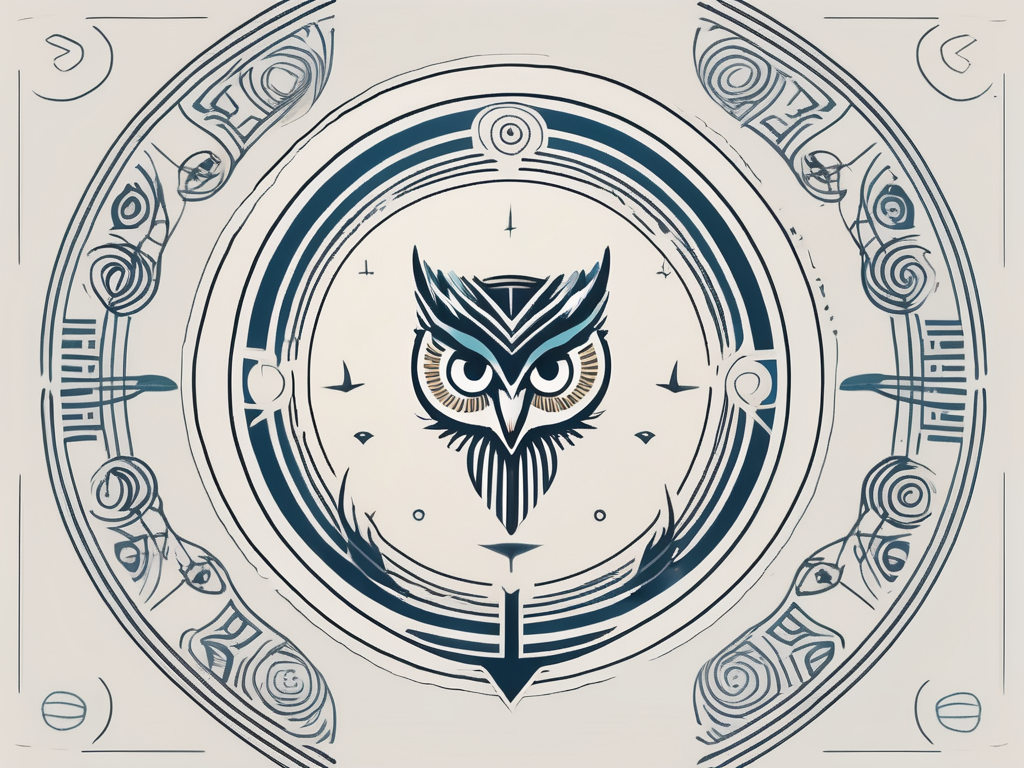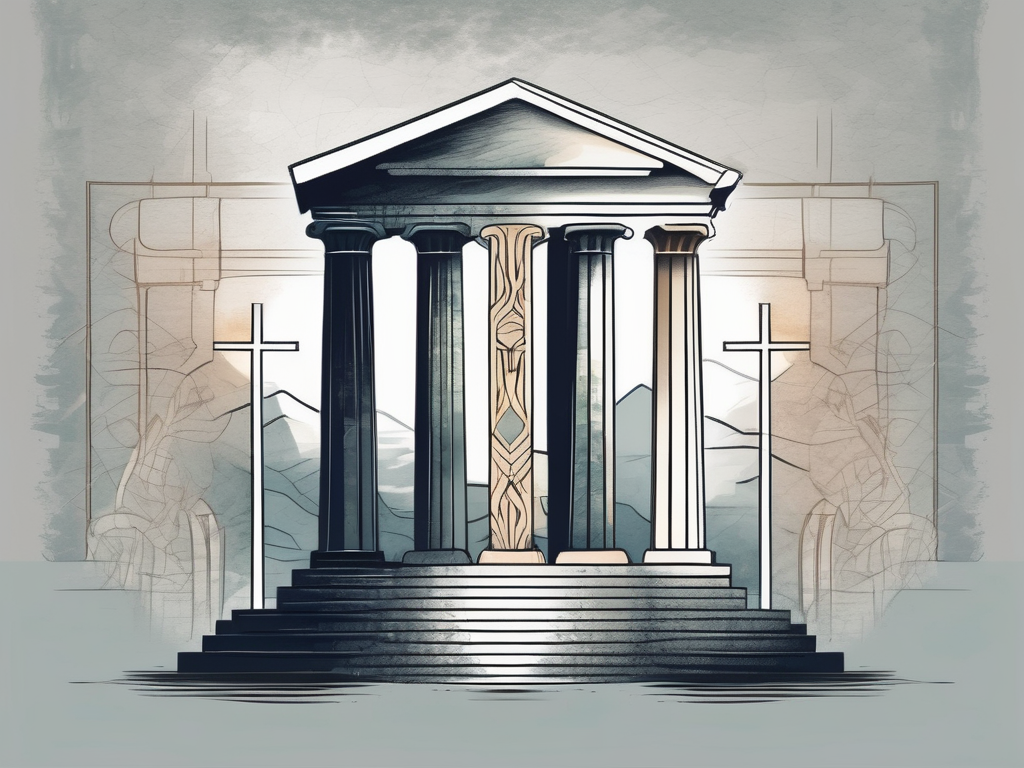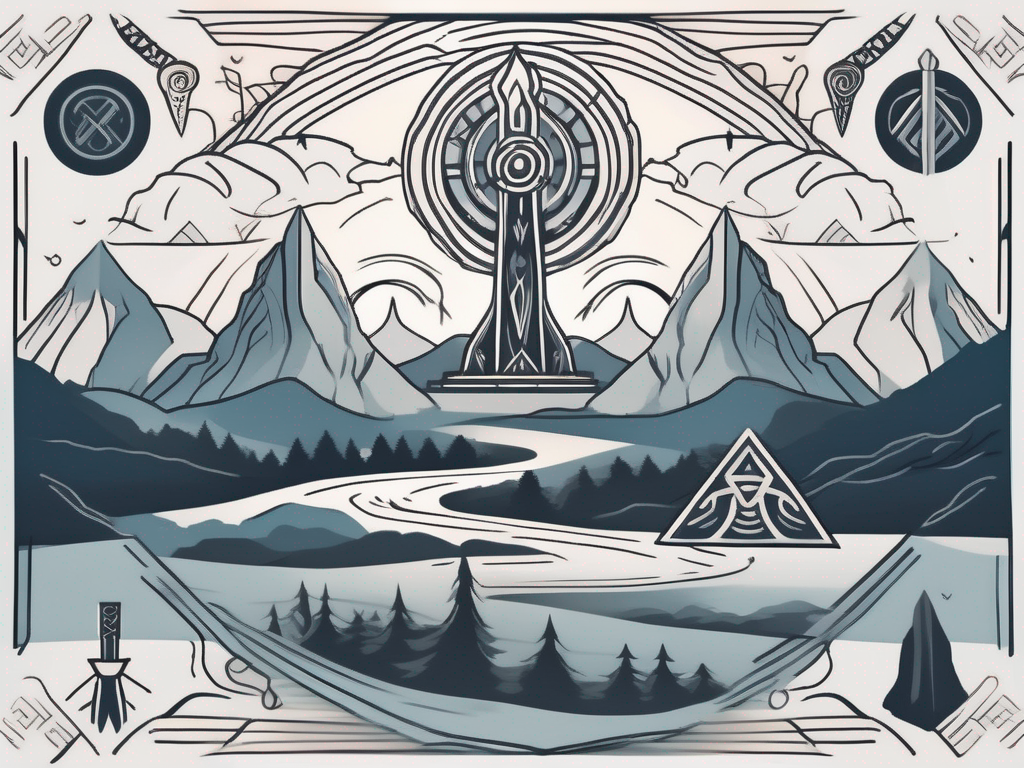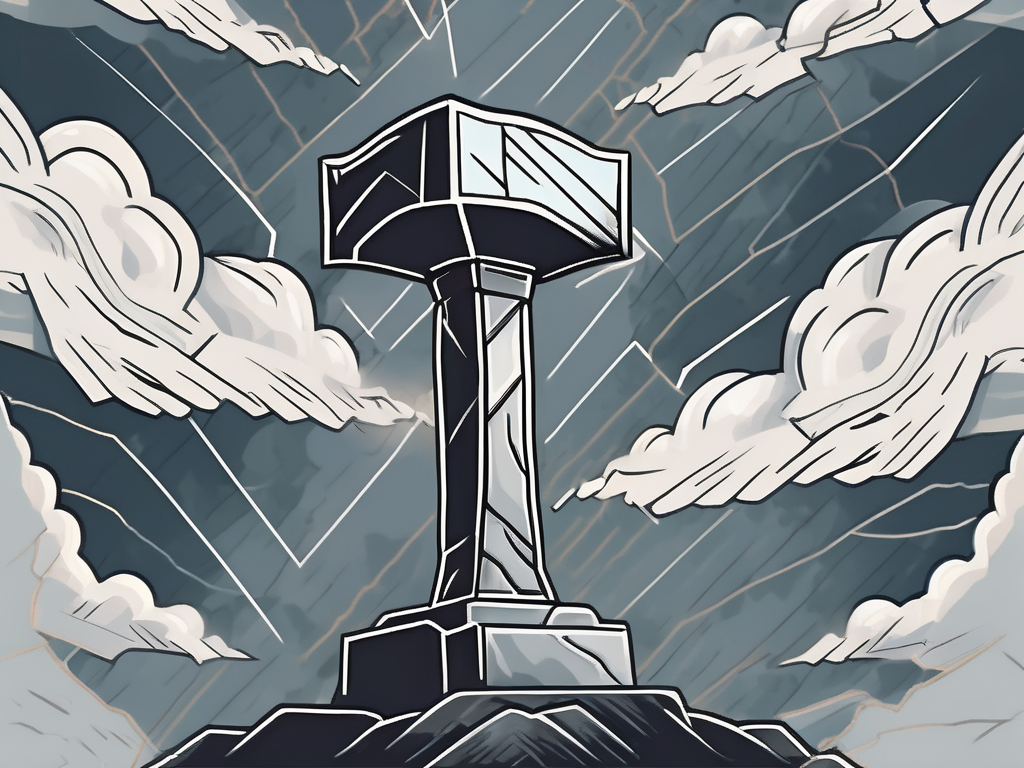Greek mythology is filled with captivating tales of gods and goddesses who possessed extraordinary powers and played integral roles in ancient Greek society. These deities were believed to govern various aspects of human life and the natural world. Let’s delve into the compelling realm of Greek goddesses and uncover the myths and powers surrounding them.
Understanding Greek Mythology
Ancient Greece was steeped in mythology, and it directly influenced the cultural, religious, and political aspects of society. Greek myths served as a means of explaining the world’s origins, human behavior, and natural phenomena. They were believed to hold truth and were passed down through generations via oral tradition.
Ancient Greek society was deeply intertwined with mythology. It was not just a collection of stories; it was a way of life. The Greeks believed that their gods and goddesses played an active role in their daily lives, influencing everything from the weather to the outcome of wars. The myths provided a framework for understanding the world and gave meaning to their existence.
Myths helped the ancient Greeks understand the complexity of human existence and provided moral and divine guidance. They offered explanations for natural occurrences and showcased the power dynamics within the hierarchy of the gods. These stories also played a crucial role in religious rituals and festivals.
For example, the myth of Demeter and Persephone explained the changing seasons. According to the myth, when Persephone was abducted by Hades and taken to the Underworld, Demeter, her mother and the goddess of agriculture, mourned her loss. As a result, the earth became barren and winter arrived. When Persephone was allowed to return to the surface for six months, Demeter rejoiced, and spring and summer bloomed once again. This myth was used to explain the cycle of the seasons and the importance of agriculture in ancient Greek society.
The structure of the Greek pantheon was also a significant aspect of Greek mythology. The pantheon consisted of twelve major gods and goddesses, known as the Olympians. These deities resided on Mount Olympus and were led by Zeus, the king of gods. Each Olympian had a unique domain and specific powers. For example, Poseidon was the god of the sea, Aphrodite was the goddess of love and beauty, and Athena was the goddess of wisdom and warfare.
The gods and goddesses of the Greek pantheon were not just distant figures; they were relatable and flawed. They had human-like emotions, desires, and weaknesses. This made them more accessible to the ancient Greeks, who saw themselves reflected in the gods’ stories and struggles. The myths served as cautionary tales, teaching the Greeks about the consequences of hubris, betrayal, and other moral failings.
Furthermore, the Greek pantheon was not limited to the twelve Olympians. There were also numerous minor gods and goddesses, each with their own areas of influence. These lesser deities played supporting roles in the myths and were worshipped by specific communities or individuals seeking their favor.
In conclusion, Greek mythology was an integral part of ancient Greek society. It provided explanations for the world around them, moral guidance, and a connection to the divine. The myths were not just stories; they were a way of understanding and navigating the complexities of life.
The Power and Influence of Greek Goddesses
While the gods received considerable attention, the goddesses also wielded significant power and influence in ancient Greek mythology.
The Greek goddesses were not just mere figures in mythology, but rather formidable beings who presided over various domains, each possessing distinct qualities associated with their respective spheres of influence. These goddesses embodied the ideals and values connected to their domains, making them powerful and influential figures in Greek mythology.
The Domains of Greek Goddesses
Greek goddesses presided over various domains, such as wisdom, love, beauty, agriculture, and many more. Each goddess had her own unique domain, which she ruled over with grace and authority.
Athena, the goddess of wisdom, was revered for her intellectual prowess and strategic thinking. She was known to guide and inspire mortals in their pursuit of knowledge and understanding. With her wise counsel, she helped shape the destiny of many heroes and played a crucial role in the outcome of numerous battles.
Aphrodite, the goddess of love, held sway over the hearts of both gods and mortals. Her beauty was unparalleled, and her enchanting presence could ignite passion and desire in anyone who beheld her. She was the embodiment of love and desire, and her influence extended beyond romantic relationships to encompass all forms of affection and attraction.
Demeter, the goddess of agriculture, was responsible for the fertility of the earth and the abundance of harvests. She ensured that the crops grew plentifully and that the land remained fertile. The ancient Greeks revered her and offered prayers and sacrifices to ensure a bountiful harvest.
These are just a few examples of the domains and goddesses in Greek mythology. Each goddess possessed immense power and influence within her respective domain, and their presence was felt in every aspect of ancient Greek society.
The Symbols Associated with Greek Goddesses
Greek goddesses were often represented by symbols that embodied their essence and power. These symbols served as visual representations of the goddesses and their domains, allowing mortals to recognize and honor them.
Athena, the goddess of wisdom, was symbolized by the owl. The owl, with its keen eyes and ability to see in the dark, represented wisdom and knowledge. It was believed that Athena’s wisdom was reflected in the piercing gaze of the owl, and she was often depicted with an owl perched on her shoulder.
Aphrodite, the goddess of love, was associated with the dove. The dove, with its gentle nature and peaceful cooing, symbolized love, peace, and desire. Aphrodite’s influence over matters of the heart was represented by the dove, and she was often depicted with doves fluttering around her.
These symbols not only represented the goddesses but also served as reminders of their power and influence. They were used in various forms of art, such as sculptures, paintings, and jewelry, to honor and pay homage to the goddesses.
The Greek goddesses were not just mythical figures; they were powerful beings who shaped the world around them. Their domains and symbols were a testament to their authority and influence, and their presence was deeply ingrained in the fabric of ancient Greek society.
Key Greek Goddesses and Their Stories
Several Greek goddesses stand out for their fascinating stories and enduring influence. Let’s explore some of the most prominent ones:
Athena: Goddess of Wisdom and War
Athena, the daughter of Zeus, was revered for her wisdom and strategic prowess. She was the patron goddess of Athens and played a vital role in various myths, such as the contest with Poseidon for the city’s patronage.
Legend has it that Athena was born fully grown and fully armored from Zeus’ forehead. This unique birth symbolized her connection to wisdom and her readiness for battle. As the goddess of wisdom, Athena was known for her keen intellect and strategic thinking. She was often depicted with an owl, a symbol of wisdom, perched on her shoulder.
In addition to her wisdom, Athena was also a skilled warrior. She fought alongside the Greek heroes in the Trojan War, using her strategic abilities to aid their cause. Despite her prowess in battle, Athena was not a goddess of violence and aggression. Instead, she represented the disciplined and strategic use of force.
Aphrodite: Goddess of Love and Beauty
Aphrodite, born from the sea foam, embodied allure and intense passion. She enchanted both gods and mortals, often causing chaos and inspiring acts of profound love.
The story of Aphrodite’s birth is as captivating as her personality. According to legend, she was born when the Titan Cronus castrated his father Uranus and threw his genitals into the sea. From the sea foam that formed around them, Aphrodite emerged, radiating beauty and sensuality.
Aphrodite’s influence extended beyond physical beauty. She was the goddess of love in all its forms, from romantic love to familial affection. Her power to inspire desire and passion was so strong that even the gods themselves were not immune to her charms. Aphrodite’s presence often led to dramatic love affairs and tumultuous relationships, as mortals and immortals alike fell under her spell.
Demeter: Goddess of Agriculture and Harvest
Demeter was responsible for the cultivation and fertility of the earth. She ensured the bountiful harvests and protected the land from devastation. Her story, intertwined with the cycle of seasons and the myth of her daughter Persephone, showcases the enduring power of motherly love.
Demeter’s role as the goddess of agriculture and harvest was crucial to the survival of ancient Greek society. She taught mortals the art of farming and provided them with the knowledge to cultivate the land. Farmers would offer prayers and sacrifices to Demeter, hoping for her favor and abundant harvests.
One of the most well-known myths involving Demeter is the story of her daughter Persephone. According to the myth, Persephone was abducted by Hades, the god of the underworld. In her grief and anger, Demeter caused the earth to become barren, plunging the world into an eternal winter. Eventually, a compromise was reached, allowing Persephone to spend part of the year with Hades and the rest with Demeter. This myth explains the cycle of seasons, with Demeter’s sorrow during Persephone’s absence symbolizing the barrenness of winter and her joy upon her daughter’s return representing the rebirth of spring.
Demeter’s story is a testament to the power of a mother’s love and the profound impact it can have on the natural world. Her devotion to her daughter and her determination to protect her are qualities that resonate with people to this day.
The Legacy of Greek Goddesses in Modern Culture
Greek goddesses continue to captivate and inspire people around the world, leaving an indelible mark on various aspects of modern culture.
Greek Goddesses in Literature and Art
The stories of Greek goddesses have provided rich material for countless authors and artists throughout history. From classic literature to modern adaptations, their tales continue to be retold and reimagined, granting them immortality through art.
The Impact of Greek Goddesses on Feminist Thought
Greek goddesses have also played a significant role in feminist thought. Their embodiment of power, wisdom, and independence has served as inspiration for women seeking empowerment and equality.
The Intersection of Greek Goddesses and Astrology
The influence of Greek goddesses extends even into the realm of astrology, where they are associated with the zodiac signs and shape astrological interpretations.
The Zodiac Signs and Their Corresponding Greek Goddesses
Astrologers have linked each zodiac sign to a corresponding Greek goddess, further deepening the mythology’s connection to the stars and celestial events. These associations add depth and meaning to astrological readings.
The Influence of Greek Goddesses on Astrological Interpretations
By drawing on the qualities and myths of Greek goddesses, astrologers add layers of symbolism and significance to interpretations of the zodiac signs. This fusion of mythology and astrology provides a richer understanding of individuals’ personalities and life paths.
In conclusion, the enthralling world of Greek goddesses unveils their captivating myths and extraordinary powers. From their role in ancient Greek society to their enduring influence on modern culture and astrology, these goddesses have left an indelible mark on humanity’s imagination. Exploring their stories and embodying their wisdom can serve as a source of inspiration and empowerment as we navigate our own journeys.












